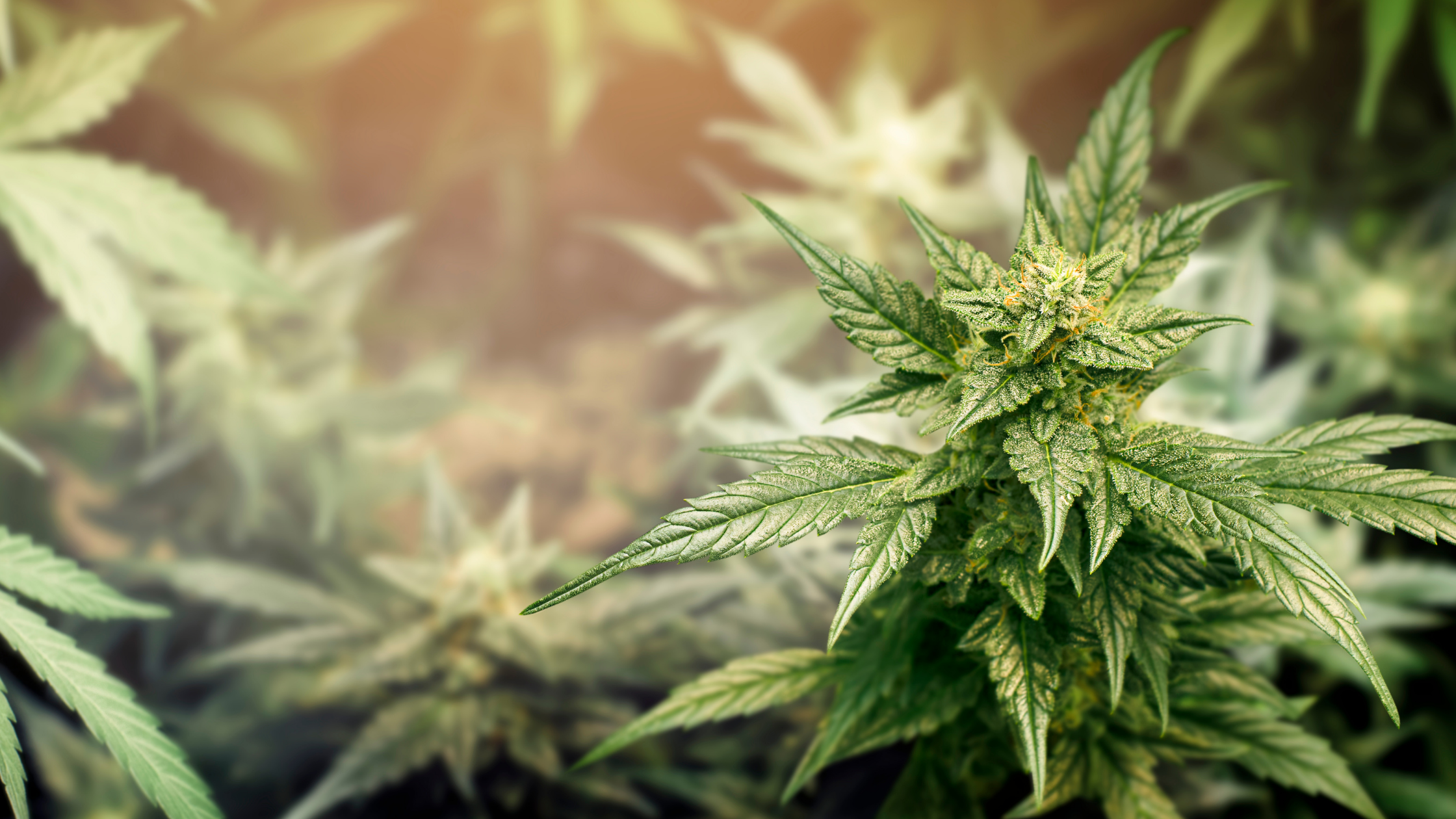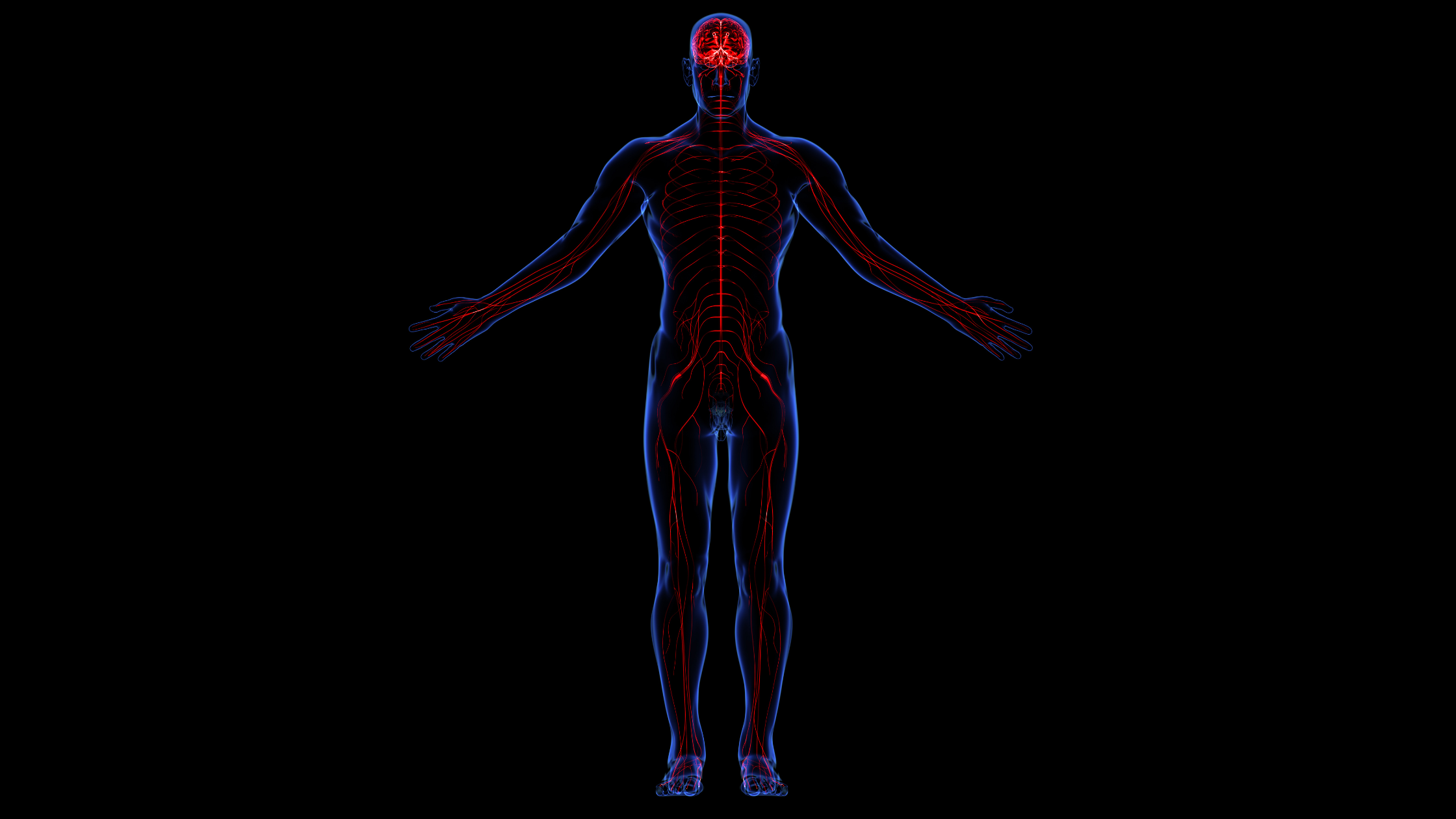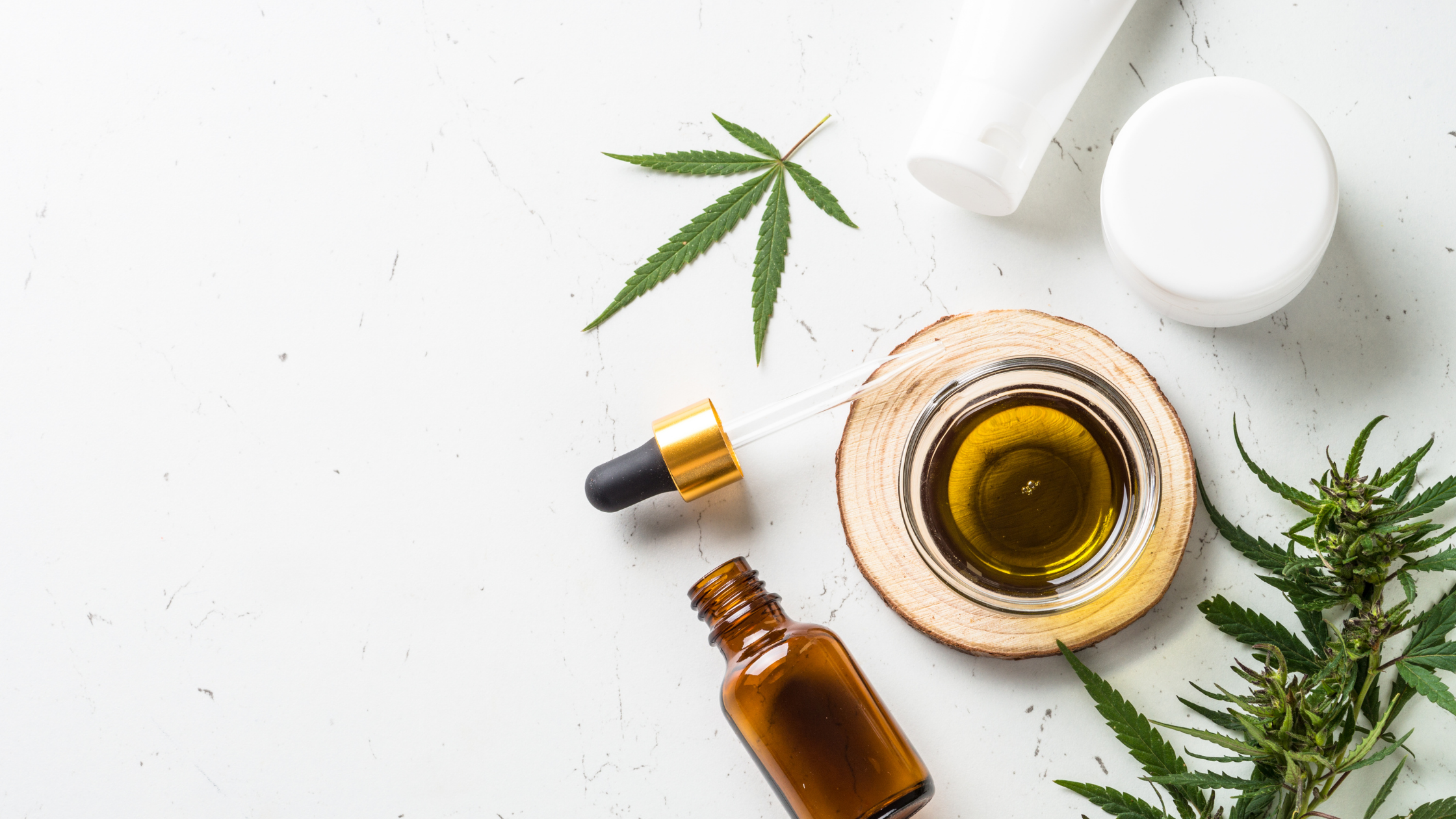The world of cannabis and its many derivatives is vast and constantly evolving, providing us with new possibilities and potential health and therapeutic uses for cannabis. One such cannabinoid that is quickly gaining recognition for its therapeutic potential is THCA.
This non-psychoactive cannabinoid offers possible neuroprotective effects to pain relief, anti-inflammation, and even its potential in cancer treatment, the array of THCA's prospective benefits is truly remarkable. So, let's dive into the world of THCA and uncover the many possible benefits that this unique cannabinoid holds.

What is THCA?
You've probably heard about THC, the psychoactive compound found in cannabis that's famous for its intoxicating effects. But there's another crucial player you should know about that player is called THCA (tetrahydrocannabinolic acid).
You may be wondering, What is THCA? It is a non-psychoactive cannabinoid found primarily in raw cannabis. In fact, cannabis plants are rich in this acidic precursor to THC. In its raw form, unlike THC, consuming THCA does not create the intoxicating effects associated with 'getting high'.
What's the Difference Between THC and THCA?
THCA is often misunderstood because it's so easily confused with THC, while these two chemical compounds are from the cannabis plant, they are indeed different with their own distinct properties. The THCA molecule has a carboxylic acid group, making it an 'acidic form' of THC. This carboxylic acid group is responsible for the non-psychoactive nature of THCA.
Don't dismiss THCA just yet though, the most unique thing about THC is that it does have the ability to be psychoactive when exposed to heat. This process is known as decarboxylation. Vaping cannabis or smoke weed and voila, just like that THCA converts into THC, activating the psychoactive properties of the cannabinoid.

How does THCA work?
THCA (tetrahydrocannabinolic acid) interacts with your body's endocannabinoid system (ECS) differently than THC. The ECS regulates many physiological processes, including mood, pain sensation, appetite, and sleep. THCA, like other cannabinoids, interacts with this system to potentially provide numerous health benefits.
The THCA, though similar in molecular structure to THC, doesn't bind as directly to the cannabinoid receptors, particularly the CB1 receptors in the brain responsible for the psychoactive effects of THC.
But just because THCA is non-intoxicating, doesn't mean it lacks potency. Many people consume raw marijuana or ingest THCA through tinctures and other products to tap into these therapeutic effects without experiencing the psychoactive effects of THC. In other words, they're taking advantage of the benefits of THCA without the 'high'.
What Does THCA Make You Feel?
Not all THCA consumption methods will cause you to feel 'high', consuming raw THCA alone doesn't produce the high associated with THC. For those looking to experience the psychoactive potential of this cannabinoid, it must be consumed in a way that includes heat such as vaping or smoking.
This characteristic could make it a more appealing option for individuals seeking to experience the health benefits of cannabis without the psychoactive effects while still giving an option Many users report feeling a sense of overall wellness when consuming cannabis or THCA-rich products. These health benefits can include potential relief from pain, reduced inflammation, and a general sense of improved well-being.
Additionally, because of its potential neuroprotective properties, THCA may promote brain health, helping you maintain focus and mental clarity. Whether you're consuming raw plants or THCA tinctures, the lack of intoxicating effects means you're able to go about your daily activities undisturbed, while potentially reaping the benefits without the high.
What Does a THCA High Feel Like?
As we discussed earlier, THCA has the unique ability to give users a high but only with certain consumption methods that involve heat such as smoking or vaping THC-A.
While consuming raw THCA doesn't have to lead to a 'high' that doesn't mean that THCA lacks impact. Users report the THC-A making them feel effects such as:
-
Feelings of Relaxation
-
Euphoria
-
Altered Perception of Space and Time
-
Heightened Sensory Perception
-
Increased Appetite
-
Potential Cognitive Impairments.
It should be noted that some decarboxylation is even possible in direct sunlight or room temperature, because of the heat. If you want to use THCA for it's psychoactive effects, be sure to store it somewhere cool and dark so that the process of decarboxylation doesn't convert THCA into THC before you're able to use it.

Benefits of Using THCA
The benefits of THCA are a hot topic in the world of cannabis medicine. For those dealing with chronic pain, muscle spasms, or inflammatory conditions you may find relief by eating raw THCA.
THC-A may also have might antiemetic properties, which could be beneficial for those dealing with nausea or struggling with appetite stimulation. Let's take a closer look at some of these potential THCA benefits.
Neuroprotective Effects
A 2017 study discovered that THCA exhibited neuroprotective properties in mice. These mice were exposed to toxins through injections, and the study observed that THCA effectively prevented degeneration in a specific brain region. This suggests that THC-A may be beneficial for neurodegenerative diseases like Alzheimer's disease and Huntington's disease.
THCA might also be beneficial for people with seizure disorders. There's initial research and anecdotal evidence suggesting that the cannabinoid could potentially help manage the frequency and severity of seizures. Again, while these possibilities are encouraging, they require further investigation in clinical trials to determine the full scope of THCA's neuroprotective effects.
This could even mean that consuming THCA might help protect brain cells from damage, contributing to overall brain health. However, more research is needed to fully explore and validate these neuroprotective effects.
Anti-Inflammatory Properties
One particular study from 2021 indicates that THCA may possess anti-inflammatory benefits. By reducing inflammation, people with conditions such as Crohn's disease or irritable bowel syndrome may find potential relief.
Aside from digestive issues, the potential anti-inflammatory effects of THCA could also be beneficial for individuals dealing with other inflammatory conditions such as certain types of arthritis and some skin conditions.
Pain Relief
Pain relief is one of the most sought-after benefits of cannabinoids, and THCA might just have the potential to provide it. Whether you're dealing with chronic pain or occasional discomfort, THCA might offer a natural alternative or supplement to traditional pain relief methods.
Beyond pain relief, anecdotal evidence and some initial research suggest that THCA might help manage muscle spasms. Certain conditions like Multiple Sclerosis can cause these spasms to occur. Consuming THCA, whether by juicing raw cannabis or through THCA-rich products, could potentially offer some relief.
Anti-Nausea and Appetite Stimulation
A 2020 study noted that the chemical compounds THCA and CBDA offered antiemetic properties. In other words, THCA might help control nausea and vomiting. This could be particularly beneficial for individuals undergoing treatments like chemotherapy, which often causes severe nausea.
Alongside these antiemetic effects, THCA might also act as an appetite stimulant. consuming raw cannabis could be particularly beneficial for individuals who struggle with appetite loss or have conditions where increased appetite is desired for health reasons, such as certain eating disorders or during recovery from illness.
Cancer-Fighting Potential
THCA has shown potential in preliminary studies for its anti-proliferative properties. This essentially means that it might help prevent the spread of cancerous cells, suggesting a potential role in cancer treatment. One specific area of research has looked into the effect of THCA on prostate cancer cells, although this is still in the early stages and much more research is needed to solidify these claims.
Moreover, given THCA's potential properties, it could also theoretically help in reducing inflammation-related cancers. As with all aspects of cannabis and cannabinoid research, further studies are necessary to fully comprehend THCA's potential as a cancer-fighting agent.

Does THCA affect people differently?
Both THC and THCA benefits, effects, and side effects can indeed vary from person to person. This is primarily due to your individual biochemistry, including the unique configuration of your endocannabinoid system.
How tetrahydrocannabinolic acid (THCA) affects you can be influenced by a variety of factors such as your overall health, metabolism, and even genetic factors. Therefore, while some might find consuming THCA helps with their chronic pain or inflammation, others might experience different benefits or, in some cases, no noticeable effects at all.
THCA Side Effects
While THCA may have potential benefits, it also has the ability to also produce unwanted side effects. If you choose to consume THCA, know that it won't cause the same side effects as THC, such as impaired coordination or short-term memory loss.
Because THCA is typically consumed by eating raw cannabis some people may have a sensitivity or allergic reaction to raw plant matter. Other individuals might experience digestive discomfort when they consume raw cannabis. If you're considering adding cannabis or any other THCA product to your routine, we suggest starting with small amounts and paying attention to how your body reacts.
As far as side effects from those who choose to smoke or vape THC-A, particularly with higher doses, users may report experiencing adverse effects, such as:
-
Anxiety or paranoia
-
Red eyes
-
Dry Mouth
-
Dizziness
-
Increased Heart Rate
-
Fatigue
-
Increase Appetite

Embracing the Potential of THCA
THCA, the non-psychoactive precursor to THC, holds significant promise in the realm of therapeutic cannabinoids. With potential benefits ranging from pain relief to neuroprotective effects, and even exhibiting anti-cancer potential in initial studies, potency potential of THCA is gradually gaining recognition in the field of health and wellness.
While further research is necessary to solidify these claims and uncover the full breadth of THCA's potential, the future of this unique cannabinoid appears to be promising. Remember, whenever considering a new approach to your health, it's always wise to consult with a healthcare provider to ensure safety and efficacy.
As we continue to learn more about THCA, and the cannabis plant as a whole, we may well discover that these plant compounds have even more to offer us than we currently realize. If you would like to try THCA yourself, be sure to check out the selection of THCA products that Everyday Delta offers.
*By using this website, you agree to and are subject to the following Legal Disclaimer, which is part of our Terms of Service. The information provided on this website does not and is not intended to, constitute legal advice or reliable statements of the status of any laws.






